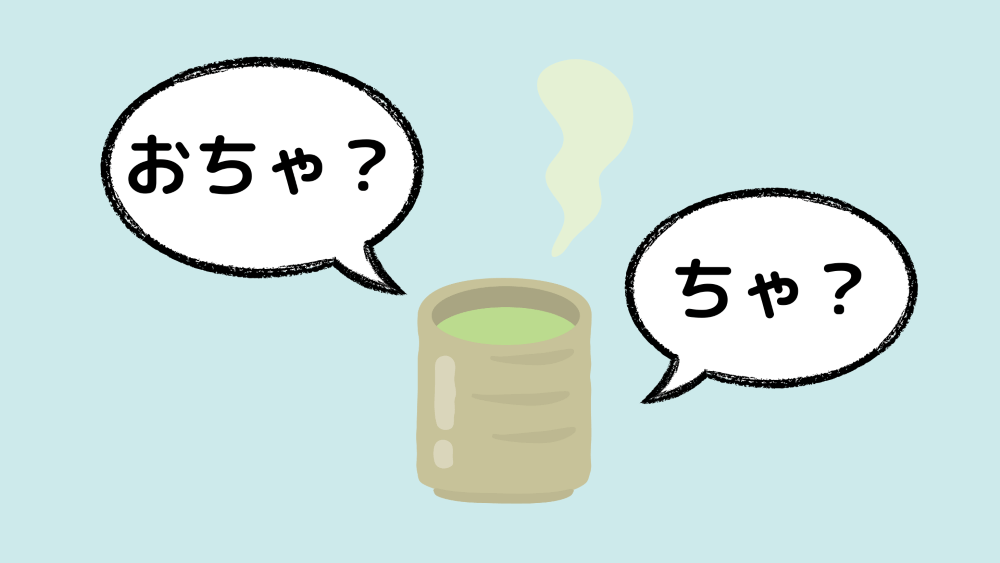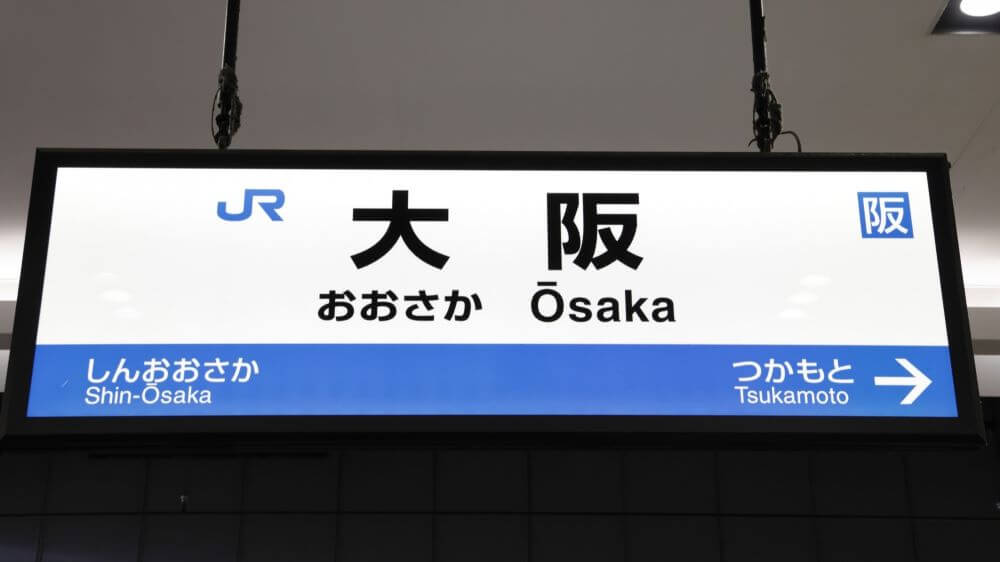Have you ever wondered why some Japanese nouns start with “お (o)” while others don’t? This simple prefix can alter a word’s nuance or even its meaning. This guide provides a list of nouns that typically use “お” and those that don’t.
Japanese Prefix “お (o)”
In Japanese, the prefix “お” is often added to certain nouns to convey politeness or a sense of elegance. This is especially true for words related to traditional culture, daily life, or customs. For example, お茶 (tea) and お酒 (alcohol) are the nouns that usually take the prefix “お” to make them sound more polite or refined.
Adding “お” can also help express respect to listeners, such as when referring to things associated with them. For instance, instead of saying なまえ (name), you would say おなまえ to show respect to the person you’re talking about. Similarly, にもつ (luggage) becomes おにもつ in more polite situations. (Note that the word lists in this article do not cover this usage.)
However, not all Japanese words follow this pattern. Additionally, words borrowed from Western languages, usually written in Katakana, such as テレビ (television) or パソコン (PC), and words written in Kanji based on Chinese readings, such as 病院 (hospital) or 旅行 (travel), generally do not use “お”.
Nouns List That Take “お”
Words Where Adding “お” Is Standard
These nouns are typically used with “お.” Omitting “お” may sound abrupt or even change the word’s meaning.
Food and Ingredients
- お茶(おちゃ) – tea
- お酒(おさけ) – alcohol
- お皿(おさら) – plate
- お弁当(おべんとう) – bento box
- おにぎり(おにぎり) – rice ball → Without “お,” it means Nigiri sushi.
- おつまみ(おつまみ) – snack for alcohol
- お菓子(おかし) – sweets
Daily Life and Customs
- お金(おかね) – money
- お釣り(おつり) – change (money)
- お礼(おれい) – thanks, gratitude
- お土産(おみやげ) – souvenir
- お風呂(おふろ) – bath
- お手洗い(おてあらい) – toilet → Without “お,” it means “handwashing.”
- お墓(おはか) – grave
- お辞儀(おじぎ) – bow → Removing “お” makes the word meaningless.
Traditional Culture
- お祭り(おまつり) – festival
- お年玉(おとしだま) – New Year’s gift → Removing “お” makes the word meaningless.
- お祝い(おいわい) – celebration, congratulation
- お寺(おてら) – temple
- おみくじ(おみくじ) – fortune slip → Without “お,” it may be unclear.
- お守り(おまもり) – amulet, charm → Without “お,” it means “defense.”
Others
- お尻(おしり) – bottom
- おかわり(おかわり) – refill → Removing “お” makes the word meaningless.
- お化け(おばけ) – ghost → Removing “お” makes the word meaningless.
- おすすめ(おすすめ) – recommendation → Omitting “お” makes it less clear.
- おしゃれ(おしゃれ) – stylish, fashionable → Without “お,” it means “pun.”
Words Where Adding “お” Is Optional
These words can be used with or without “お” depending on the situation or relationship with the listener. Yet, many people tend to add ‘お,’ as it generally conveys a more polite tone.
Food and Ingredients
- お水(おみず) – water
- お寿司(おすし) – sushi
- お米(おこめ) – rice
- お箸(おはし) – chopsticks
- お肉(おにく) – meat
- お魚(おさかな) – fish
Daily Life and Customs
- お財布(おさいふ) – wallet
- お休み(おやすみ) – rest, break
- お布団(おふとん) – futon
- お部屋(おへや) – room
- お昼(おひる) – lunch, midday
- お店(おみせ) – store, shop
- お城(おしろ) – castle
- お母さん(おかあさん) – mother → Adding “お” is preferred when referring to someone else’s mother (also applies to お父さん, お兄さん, お姉さん, etc.).
Words That Do Not Use “お”
These are examples of words that do not add the prefix ‘お’ though they have existed for a long time. Words related to nature and animals, in particular, are often not prefixed with ‘お’.
- 机(つくえ) – desk
- 鏡(かがみ) – mirror
- 窓(まど) – window
- 床(ゆか) – floor
- 木(き) – tree
- 海(うみ) – sea
- 川(かわ) – river
- 卵(たまご) – egg
The prefix “お” adds politeness or elegance to many Japanese nouns, though its use varies depending on context and custom. Some nouns always use it, others optionally, while some never do. Understanding these patterns helps improve communication!


